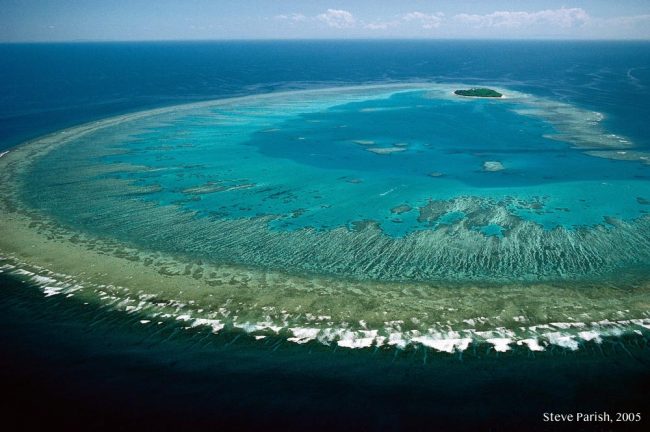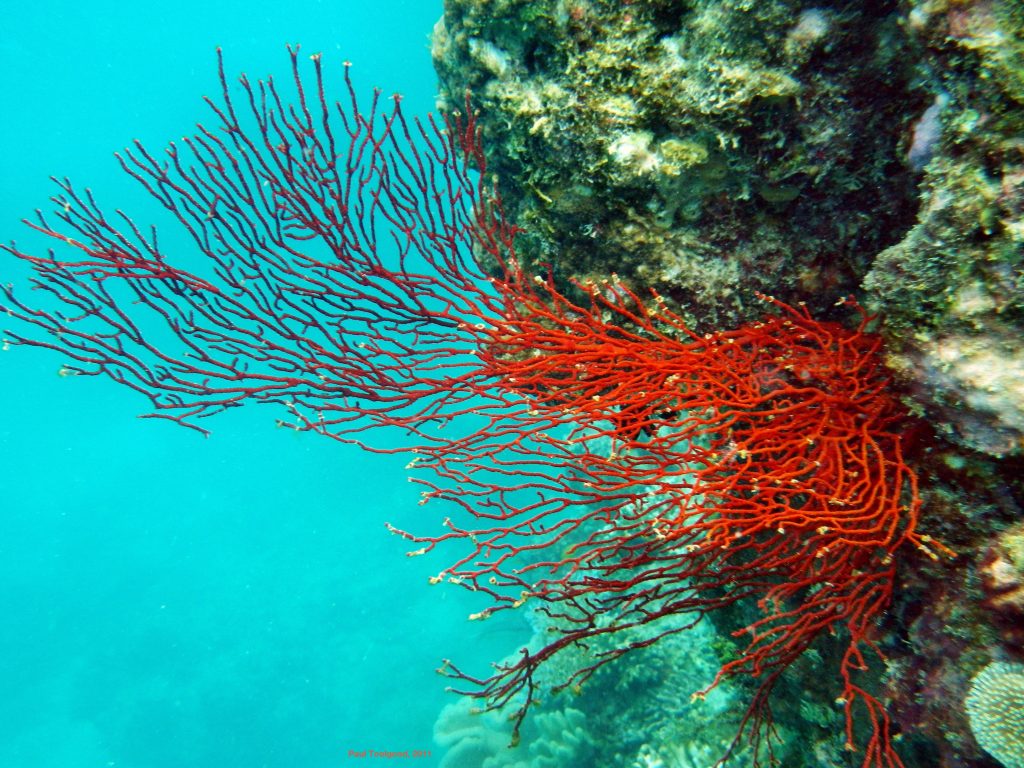Georgetown on the Great Barrier Reef: Politics of Marine Conservation, Australia 2022

FLASH — THE AUSTRALIAN BORDER IS NOW OPEN TO VACCINATED VISITORS
Australia’s Great Barrier Reef (GBR) – the only living organism visible from space – is under threat. This global icon and UNESCO World Heritage Site may not last out the century. As recently as 2016, the GBR experienced the worst episode of coral bleaching in recorded history—killing nearly 90 percent of its northernmost corals. Numerous observers worried that the world was witnessing the death of this magnificent entity. Reports of the Reef’s demise were somewhat exaggerated, but the GBR face tremendous challenges including coastal development, agricultural run-off, ocean acidification, coral bleaching, damage from shipping traffic, overfishing, and of course climate change. Many of these challenges are interlinked. How could such an amazing treasure be in such a perilous state? What can be done to save it? This course takes students to Townsville, Australia—home to the Great Barrier Reef Marine Park Authority—in search of answers to these important questions.
To apply for the program, please go to the Office of Global Education’s brochure for the program, where you can read more information and apply for the program.
Day 1 – 6 Townsville
Welcome orientation and group dinner
Orientation to the state of the Great Barrier Reef (GBR) Guest speaker: Fred Nucifora, Great Barrier Reef Marine Park Authority (GBRMPA) Director of Reef Education and Stewardship
Billabong Sanctuary Billabong Sanctuary is a leader in conservation. Learn about many of Australia’s iconic animal species through ranger-led talks introducing dingoes, saltwater crocodiles, koalas, kangaroos and wombats.
Guest speakers and class sessions The role of governments in protecting the GBR: Current policy arrangements, alternatives, and implementation. Stakeholder interests: agriculture, mining, fishing, and tourism.
Indigenous peoples and the GBR.
Day 7 – 9 Townsville
Australia Institute of Marine Science Enjoy the rare opportunity to visit the AIMS Cape Ferguson research facility and learn about current findings from their Great Barrier Reef studies. The guided walk includes a tour of the ‘world’s smartest aquarium,’ the National Sea Simulator.
Great Barrier Reef Excursion Reef guides will introduce you to snorkeling, the key features of the reef, and the Great Barrier Reef Marine Park Authority’s Rapid Monitoring Programme.
Day 10 – 13 Hidden Valley
Hands on wildlife experience Discover which dangerous animals live in the region and learn what you should do if you encounter them. You will get up close and personal with some of these creatures in a safe and secure environment.
Platypus spotting Australian Geographic recognizes the area as one of the top five places to see platypus in the wild.
Wallaman Falls hike and master plan development Travel to the largest sheer drop waterfall in the southern hemisphere.
Aboriginal cultural experience Learn about Nywaigi Aboriginal culture and hear the stories of their ancestors who were exhibited as cannibals and savages in nineteenth century circuses in Europe and the US. Try your hand at traditional activities such as throwing boomerangs and spears and take part in a service-learning project on the Mungalla wetlands.
Days 14 – 16 Townsville
Tangaroa Blue Foundation service-learning project Undertake a beach clean-up service-learning project focused on the health of the marine environment. Sort and count the debris then enter the data into a nationwide database used to develop strategies to prevent the dumping of marine debris.
Excursion to the Port of Townsville Presentation followed by a tour of the port to develop an understanding of the importance of it to economy and local trade.
Free day to explore the local area.
Day 17 – 22 Magnetic Island
Great Barrier Reef Excursion Spend the day snorkeling on the Great Barrier Reef. While taking in the dynamic marine life, collect transect data on the health of the reef to contribute to a long-term citizen science monitoring program. Learn about both natural and human-induced impacts on the reef. Find out about some of the practices local operations have adopted to minimize their impact on the environment and help rehabilitate the reef.
Bungalow Bay wildlife introduction and welcome dinner
Beach Scrub Study Day – Experiential learning Participate in a project to conserve beach scrub, which is a threatened ecological environment. Learn about Conservation Action Planning, do field work at active project sites, learn how to use camera traps, and conduct a fauna survey.
Reef Restoration Program The Coral Reef Recovery Program for Magnetic Island strives to benefit reef health and coral reef conservation efforts on the local fringing reefs. You will be involved in an inquiry and action project, utilizing your knowledge of the environment and conservation tactics to create a healthy and sustainable reef ecosystem around the island.
Forts hike During World War II, Magnetic Island was an important defensive site due to its proximity to the mainland. It became a military base and was the site of the Magnetic Battery, a defensive artillery battery and observation post. You will visit the battery and observation points, and will learn about Australia’s role in the war. The hike also provides an opportunity to see native animals, including koalas, in the wild.
Farewell group dinner
Day 23 Townsville to USA
Transfer from accommodation to Townsville Airport
To apply for the program, please go to the Office of Global Education’s brochure for the program, where you can read more information and apply for the program.
For more information contact canzps@georgetown.edu

- Tagged
- Great Barrier Reef